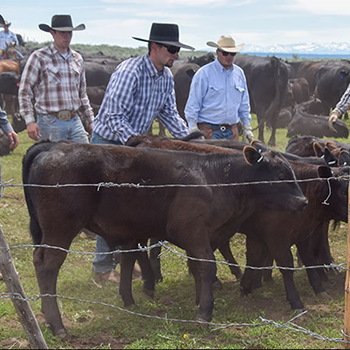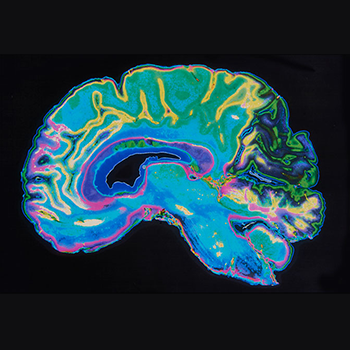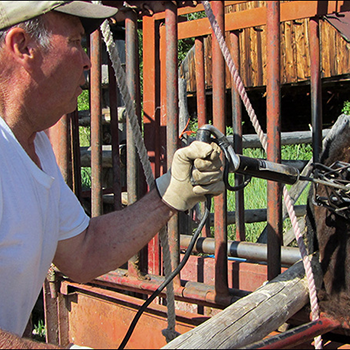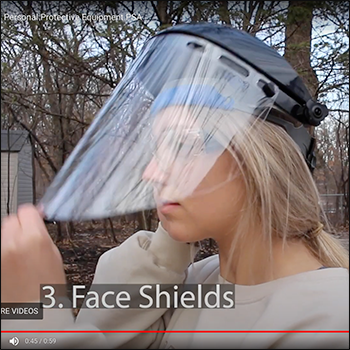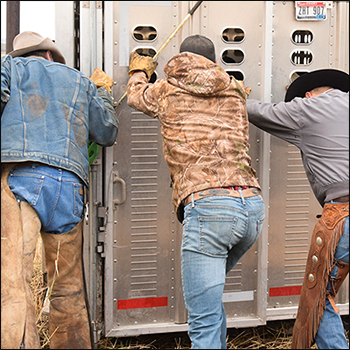
Mental Health in Rural Communities
Bridge the gap between rural communities and access to mental health services.
Rural communities often face limited access to health care and sometimes face even less access to mental health care. However, there are mental health resources available, no matter where you live.
Agriculturists don’t have sick days, vacation days or a 9-to-5 job that allows them to take an hour off to go to the doctor. Many live in places where the nearest access to mental health care is a couple hours away, making it hard for them to justify spending that much time away from the farm when there is always work that needs completed.
“Taking a day off to drive two hours to see a mental health practitioner may not be feasible. We need to define what accessible means,” says Cynthia Beck, a farm woman and clinical psychologist in rural Saskatchewan. “Many people think if mental health services are available, they are accessible, but this would be like saying to a person in a wheelchair that there’s a bathroom on the third floor but no elevator to the third floor. The bathroom is available, but not accessible.”
Beck’s farming background helps her understand the challenges farmers face are different than those others may face. Her background has pushed her to create a program tailored toward farmers.
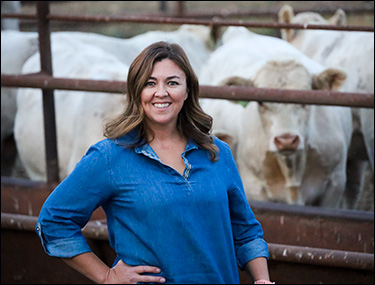 |
Cynthia Beck wanted to be part of the solution for rural mental health service after her own difficulties. |
“In the last few years, there’s been improvement in awareness regarding what the farming population is experiencing, and a surge in research involving farmers,” Beck explains. “I wanted to do something to be part of the solution for rural mental health service, and that’s why I returned to university to study psychology. My husband and I farm, so I’m familiar with the challenges producers face.”
As a research assistant at the University of Regina, her master’s supervisor created the first online therapy units in Canada. The Wellbeing Course is an online course to help people deal with anxiety and depression.
“The basis of my research is tailoring the Wellbeing Course for farmers so the information they are presented with — like coping strategies and management skills — can be applied to their farming lifestyle or help them tackle key stressors that many farmers face,” says Beck.
“Some things are beyond anyone’s control, but taking that first step to help ourselves is something we can do,” says Beck.
When the situation gets darker
In dire situations, the first step is to use a telephone crisis intervention program. Beck currently provides rural suicide intervention in southeastern Saskatchewan.
In her current role, she tries to help people identify reasons to have a life plan instead of a death plan.
“I help people identify their options. When you help people recognize that they have choices, this opens more possibilities; you give them back some control,” says Beck. “Generally, people who are in that place of raw desperation feel they have lost control and hope.”
Beck says that the severity of the risk defines the next step, whether that be going to the hospital that night, intervening with medical services or getting the individual worked into the health care system.
Beck has faced mental health battles of her own, allowing her to relate to the patients she talks to.
“I went through my own difficulties with mental health. Today, when people phone and say they have to do something because the pain has to end and they don’t know what their options are other than killing themselves, I can relate. I’ve been there,” says Beck.
She says many areas now have crisis services or mental health support, or you can reach out to your doctor for more information — especially with the recent availability of virtual visits. There are also online therapy programs, and resources and strategies for mental health. Accessibility to mental health resources is finally becoming available to a sector that can benefit.
Editor’s note: Heather Smith Thomas is a cattlewoman and freelance writer from Salmon, Idaho. Photo courtesy Cynthia Beck.
